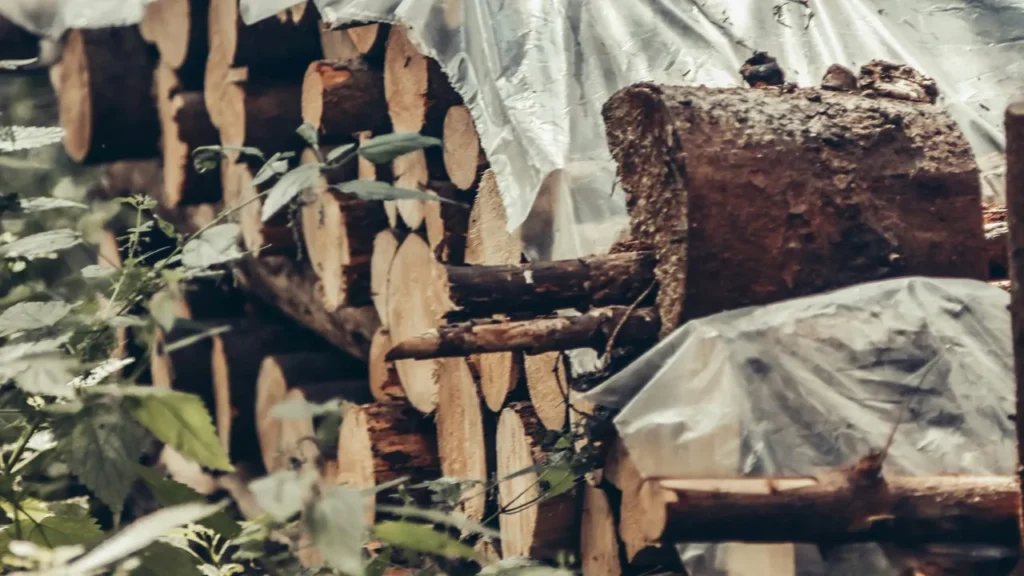Clear-cutting forests has been linked to a dramatic rise in the frequency and intensity of floods, according to a new study from a research team in British Columbia. The analysis found that in some cases, flooding became 18 times more likely, with larger floods happening far more often and lasting much longer than previously believed.
The study focused on two neighboring watersheds in British Columbia that were both clear-cut in the late 1950s. One watershed faced north and the other south. The results showed a major difference in how the two responded to the forest removal.
In the north-facing watershed, which gets less sunlight and stays wetter, floods became not only more frequent but also much stronger. The number of large floods jumped significantly, with some events happening every nine years instead of every 70. The average size of floods increased by 47 percent, and the most extreme floods more than doubled in size—up by as much as 105 percent.
Meanwhile, in the south-facing watershed, the same clear-cutting caused almost no change in flood activity. This shows that small differences in land features, such as which way a slope faces, can greatly affect how the land responds to logging.
Dr. Younes Alila, a hydrologist involved in the study, explained that this research breaks from older beliefs that flood risk is mainly tied to how many trees are cut down. Instead, he said it’s also about where and how the cutting happens, and under what conditions.
“Traditional models assume a simple link between the number of trees removed and water runoff,” Dr. Alila said. “But this study proves that those models miss the mark, especially when it comes to rare but extreme floods.”
Henry Pham, a doctoral researcher who led the fieldwork, pointed out that even small factors can have big effects. In areas where the ground holds more water, the risk of floods can increase greatly after trees are removed.
One of the most worrying parts of the study is the long-term impact. In the north-facing watershed, the changes in flood behavior continued for more than 40 years. That means people living downstream may be at risk for decades after logging takes place.
As climate change causes more intense weather patterns, the effects of clear-cutting become even more serious. Floods that were once rare are becoming more regular, placing towns, roads, and homes in danger.
The findings are especially important for British Columbia, where similar forest practices are common. The study’s flood risk model can help predict which areas are more likely to face serious flooding in the future. It can also help researchers understand whether floods in places like Sumas Prairie in 2021 or recent floods in Texas were made worse by forest removal or climate change.
Dr. Alila said the goal is to create smarter forest policies that take all these factors into account. “We now know that floods don’t just happen because you cut down trees,” he said. “They happen because you cut them in the wrong place, in the wrong way, without understanding the land.”
The research team hopes their findings will help guide future decisions in land and water management. By using better data and methods, experts can protect both the environment and the people living in flood-prone areas.

